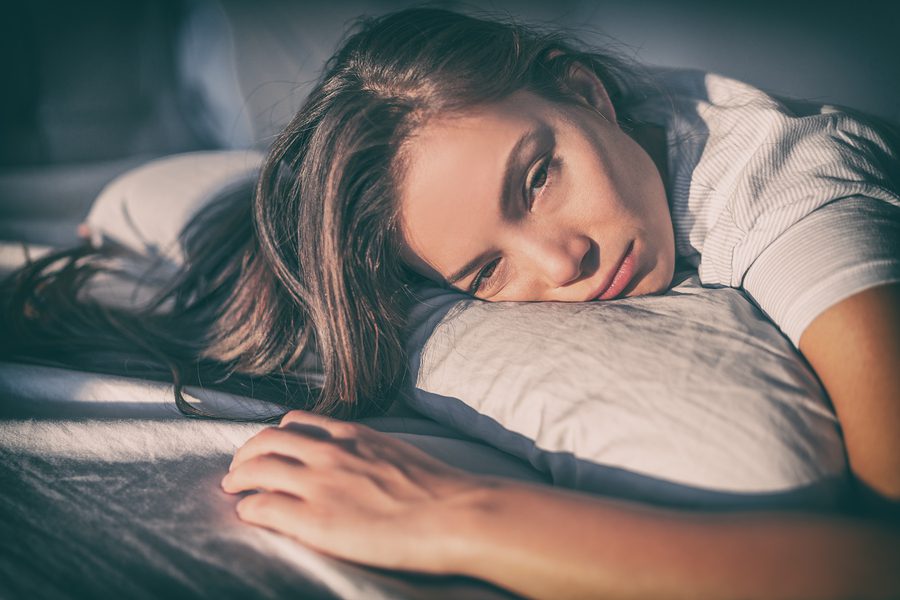
Sleep Isn’t For The Weak & Sleep Deprivation isn’t Strength
We’ve all been there: staring at a screen or paper, clutching our oversized cup of coffee, and quietly chanting ‘sleep is for the weak’ in hopes that we can pull through and get our studying done, or finish some left over paperwork. This couldn’t be more wrong. So why is sleep so important? What are the risks of going without? How do I do better? This article will cover all of that and more.
Why Is Sleep So Important?
Sleep affects your life in many ways. It’s absolutely vital to maintain mental health, physical health, and safety.
When you sleep, your brain is preparing itself for the next day by making new pathways and connections that help you take in and retain information. In other words, it makes it easier to learn, pay attention, and make decisions.
It doesn’t just affect your brain, it affects the rest of your body too! sleep helps with repairing your heart and blood vessels, keeps your risk for obesity and diabetes low. Sleeping keeps your hormones at the appropriate levels too keep your muscles healthy, supports growth and development, and keeps your immune system in working order..
The most notable aspect of sleep is how it makes you function. It’s vital to doing everything from going to a lecture to driving to work, to talking to a friend. Maintaining a healthy sleeping pattern can help you get a lot more done so you don’t have to try to do all of it at the last moment (I’m looking at you college students.)
The Dangers Of Sleep Deprivation
Most of us are very familiar with sleep deprivation, some more than others. Sleep deprivation can affect a wide range of people, especially those that have strict schedules or sleep disorders.
As great as sleep is for you, sleep deprivation does the opposite. It takes it’s toll on your work, school, and social function. It makes it extremely hard to carry out tasks and do anything safely like driving or operating machinery, as well as control mood swings or depression.
It also causes something called ‘micro-sleep’. This refers to brief moments of uncontrollable sleep. While this is absolutely catastrophic when paired with driving, it can also lead to falling asleep in meeting and lectures.
How To Get Better Sleep
One simple tip is to set a schedule. Going to bed and waking up at the same time every day gets your body into a rhythm that works wonders. To help with this, you can keep a sleep diary that details how long you slept and how you felt when you woke up. This is great for working out how much you need and setting a rhythm that fits your needs.
If you have a sleep disorder, it’s important to talk to a doctor about them. As great as articles are, it’s important to talk to a professional to figure out what works for you and your unique situation.
So put down your coffee, turn off your computer, and get back to work in the morning. Sleep isn’t for the weak, and when you get enough of it you’ll see a vast improvement in yourself and your work.
Listen to your body – it’s important to know what the symptoms are of sleep deprivation here. Be well!


